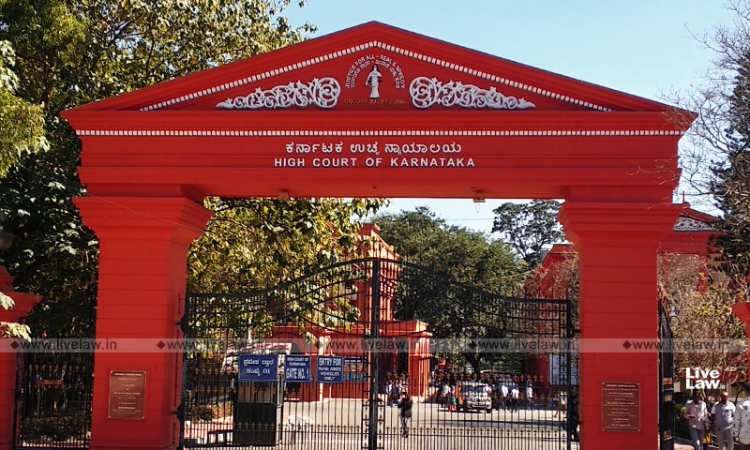SC/ST Commission Not Empowered To Adjudicate Disputes Between Individuals: Karnataka High Court
Mustafa Plumber
4 Jan 2021 6:48 PM IST

Next Story
4 Jan 2021 6:48 PM IST
The Karnataka High Court has held that the Karnataka State Scheduled Castes and Scheduled Tribes Commission, is not empowered to adjudicate and decide disputes between parties and pronounce its orders either interim or final. A single bench of Justice M Nagaprasanna said "Sections 8 and 10 of the Karnataka State Commission for the Scheduled Castes and Scheduled Tribes Act, 2002, makes...
